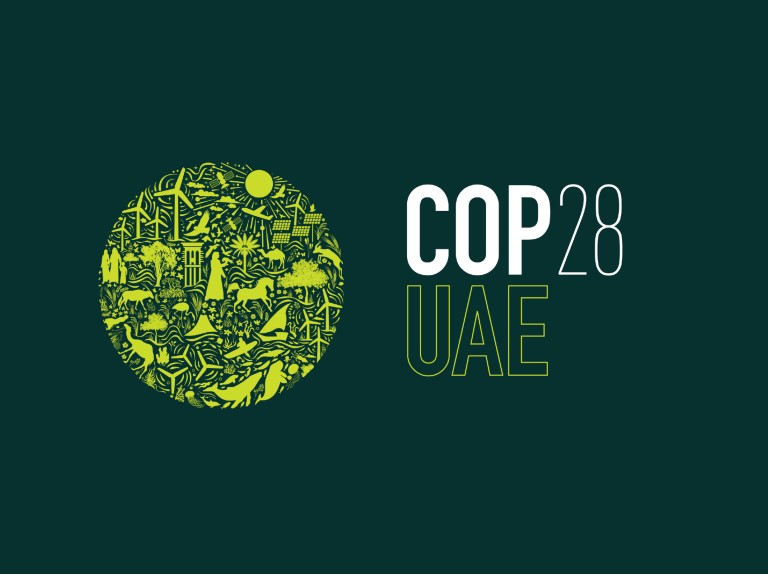UAE's Progressive Efforts in Combating Climate Change

Climate change is one of the most pressing global challenges of our time, impacting economies, ecosystems, and the well-being of people worldwide. The United Arab Emirates (UAE), known for its rapid economic growth and development, has also been proactive in addressing climate change. Despite being a major oil-producing nation, the UAE has recognized the importance of transitioning towards a sustainable, low-carbon future. This article explores the UAE's comprehensive efforts and initiatives aimed at mitigating and adapting to climate change.
Renewable Energy Transition: The UAE has made significant strides in diversifying its energy sources and reducing its dependence on fossil fuels. One notable achievement is the development of the Mohammed bin Rashid Al Maktoum Solar Park, one of the largest solar projects in the world. The park aims to generate 5,000 megawatts of clean energy by 2030, reducing carbon emissions by millions of tons annually. Additionally, the UAE has invested in other renewable energy sources, such as wind and nuclear power, to achieve its goal of generating 50% of its energy from clean sources by 2050.
Sustainable Cities and Infrastructure: The UAE has recognized the importance of sustainable urban planning and the role of green infrastructure in mitigating climate change. In Dubai, the Sustainable City project serves as a model for environmentally friendly urban development. It incorporates solar power, energy-efficient buildings, and sustainable transportation systems, reducing carbon footprints and promoting sustainable living. Furthermore, the UAE has implemented green building codes and standards, aiming to make all new buildings energy efficient and environmentally friendly.
Carbon Capture and Storage (CCS): To address emissions from industries and power plants, the UAE has invested in carbon capture and storage technologies. The Abu Dhabi National Oil Company (ADNOC) has launched the Al Reyadah CCS project, which captures carbon dioxide emissions from a steel factory and injects them into oil fields for enhanced oil recovery. This initiative helps reduce greenhouse gas emissions while increasing oil production, showcasing the UAE's commitment to innovation and sustainable practices.
Water Conservation and Desalination: Water scarcity is a significant challenge in the UAE due to its arid climate. The country has implemented various water conservation measures, including advanced irrigation systems, efficient desalination processes, and the use of treated wastewater for irrigation purposes. These initiatives help reduce water consumption, preserve natural resources, and promote sustainable agricultural practices.
International Collaboration and Leadership: The UAE has emerged as a global leader in climate change initiatives. The country actively participates in international climate negotiations and agreements, including the Paris Agreement, demonstrating its commitment to global climate action. The UAE has also hosted various climate-related conferences and events, fostering dialogue and knowledge sharing among nations to address climate change collectively.
Conclusion: The UAE's efforts to combat climate change exemplify its commitment to sustainability and environmental stewardship. By embracing renewable energy, sustainable urban development, carbon capture technologies, and water conservation practices, the UAE is paving the way for a greener and more resilient future. As a nation heavily reliant on oil, the UAE's proactive stance in addressing climate change sends a powerful message to the world and encourages other countries to take bold action in mitigating the impacts of climate change.
Comments
Post a Comment